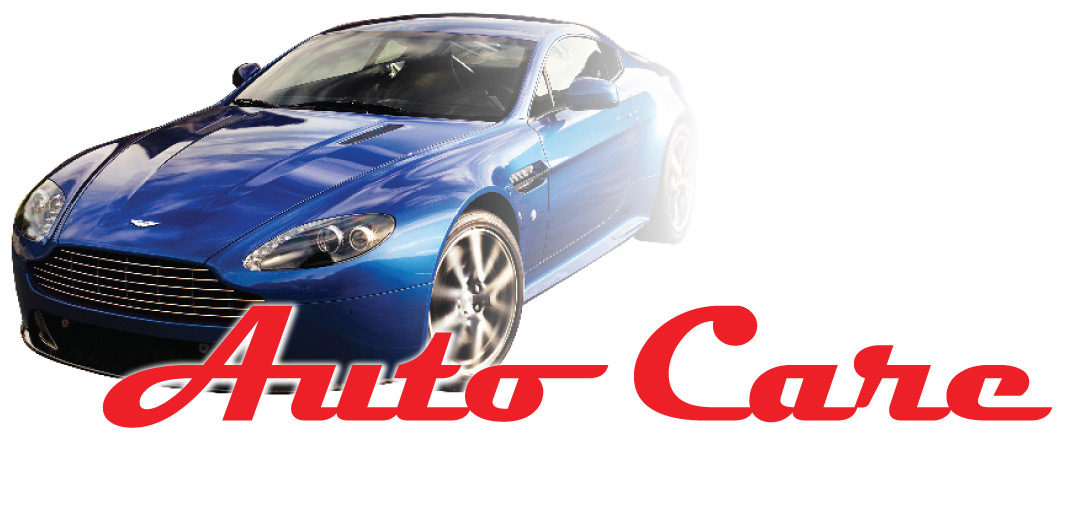Auto Care in Omaha, Nebraska
Particularly in the spring as it relates to vehicles, there are a couple things that will likely require your attention. First, you’ll want to assess any damage that occurred over the winter months and get everything resolved accordingly. Second, you’ll want to prepare for the coming summer months.

Boyd Dingman – Dingman’s Collision Center
“It’s important to get your car cleaned up from the winter months,” advises Boyd Dingman of Dingman’s Collision Center. “Winter salt gets in all the cracks and crevices of the vehicle, so you’ll even want to go so far as opening your doors and washing under them and around the hinge areas. Also make sure to wash out under the fenders, wheel wells and under the bumpers. When you have the vehicle clean you can look for small rust spots, door dings or imperfections. When checking for the start of any rust spots, look for rust that gets under the paint – it will crawl under the paint like roots raising the paint just a little. You can touch up small chips; if you don’t have any touch-up paint you can use a small amount of clear finger nail polish. Make sure to put on a good coat of wax too.
As there is nothing worse than driving down the road with a light rain, with all of the grime hitting the windshield, and finding out that you are out of wiper fluid, make sure that your windshield washer fluid is full and that you have good wiper blades. Also have your battery checked – hot summer days can be hard on batteries when they are weak.”

Rick Quistad – Jones Automotive
Rick Quistad of Jones Automotive also emphasizes, “Prior to the summer months, whether you’re planning to drive a long distance for vacation or not, there are a few key things to have looked over by a professional, even if nothing seems to be wrong. Checking the oil and fluids is a must, along with checking tire pressure as it definitely fluctuates with the temperature. You can generally just pop in to have these levels checked and topped off as needed where you regularly have your oil changed, and while it’s currently an issue of debate, a good rule of thumb that most of us ‘old school’ professionals still recommend is to at the very least have an actual oil change service performed every 3,000 miles. Also, while easy to replace, I find that air filters are frequently overlooked. There’s a strong chance that your air filter will be clogged with salt and debris that’s used to make the streets safer during the winter. While it won’t be a central cause of a breakdown, it will decrease your gas mileage by up to 10%.
Aside from the basics of oil, fluids, tire pressure, brakes and so on, assessing the integrity of the belts by checking for cracks and excessive wear and the hoses by checking for any cracks, leaks, loose connections and the right firmness is important. The risk of belt failure rises dramatically over 36,000 miles, so if you’re not sure about the timeline, a good rule of thumb is to replace any belts that look excessively slick or smooth. Hoses in particular suffer from a slow deterioration process called electrochemical degradation where they erode on the inside, which is problematic because it’s not visible. They should always be firm and never soft or malleable.
This time of year it’s common for people to turn on their air conditioner only to find that it’s blowing out hot air, or similarly, not working at all for a variety of reasons. My advice is to be proactive and have it tested far before you actually need it just to be on the safe side; as we are all well aware, it gets scorching hot here in Nebraska during the summertime, making it highly unpleasant and even potentially dangerous to be on the road without working A/C.
He adds, “Another seasonal, weather-related thing to keep in mind is that sudden, violent thunderstorms are huge in this part of the country. Obviously you need your windshield wipers to work well, so a quick check and replacement if needed is highly recommended. However, on past that, the biggest thing to keep in mind is if the water is high, don’t drive through it! It’s easy to operate under the assumption that cars are designed to not be affected by water, while in fact water has caused a lot of severe damage to vehicles, particularly in the engine and electrical system, rendering them completely useless without a major investment in repairs.”
As for summer road trips, Boyd Dingman also instructs, “If you are in an accident some distance away from home, that can be very concerning as to whom to trust when you may not know anyone. Our suggestion would be if it is drivable (safe to drive), bring it home and have the repairs done by a shop that you trust. If it is not drivable, you’ll need to call your insurance company and get them involved. This is when it is important to have a good, trustworthy insurance agent. We at Dingman’s Collision Center know many of the better repairers around the country that we could recommend if you were to find yourself in this situation. We are here to help, just give us a call.”
Above all, the common thread with proper auto care, no matter the season, is to consult with a professional that you trust early and often. Safety is critical, especially when storms hit or you’re packing up your family for this year’s vacation adventure!

